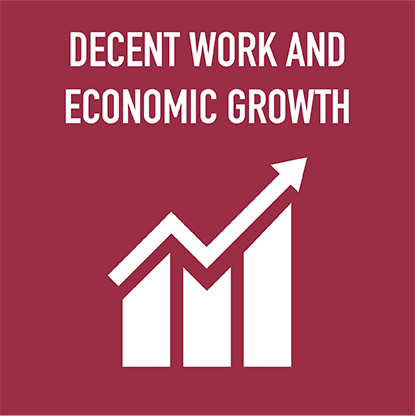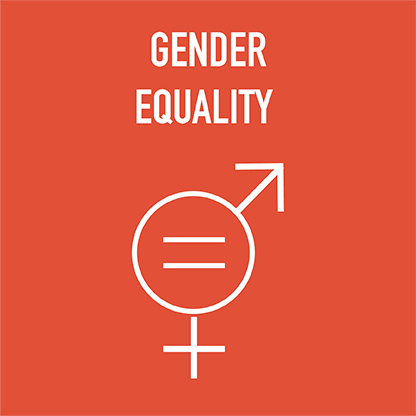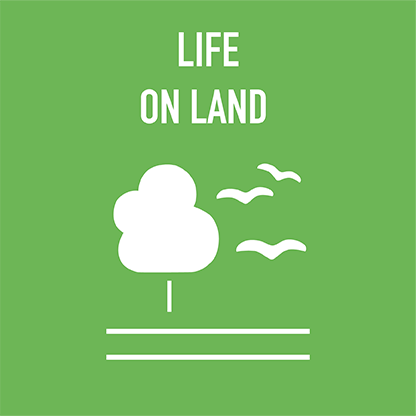This program will not run in summer 2026
Embark on a unique 21-day program through Bolivia, delving into indigenous rights, environmental justice, and rich cross-cultural experiences. This program offers an immersive exploration of Bolivia's communities, diverse landscapes and environmental challenges.




Program Highlights:
- Visit the Pantanal wetlands and see remarkable flora and fauna.
- Participate in service learning with various communities.
- Understand a range of lenses through which indigenous peoples and other actors view the environment.
- Study a range of topics, including indigenous rights, self-determination and autonomy, environmental conservation, oil/gas/mining conflicts on indigenous territories, and sustainable development.
- Gain firsthand insights into the complex interplay between cultural heritage, natural resource management, and modern challenges facing indigenous communities.
Tentative Itinerary (subject to change)
- Santa Cruz (Days 1-2): Begin with a cultural orientation, visiting the Indigenous Parliament and World Wildlife Fund, capped by a welcome dinner.
- Urubichá, Guarayo Indigenous Territory (Days 3-7): Engage in academic classes, forest excursions, and service-learning activities. Experience local music, dances, and meetings with indigenous organizations and women’s collectives.
- Concepción/Monteverde, Chiquitano/Monkox Indigenous Territory (Days 8-9): Journey to Concepción with cultural stops and meetings with indigenous organizations. Visit communities engaged in sustainable extractive practices.
- San Lorenzo de Lomerío, Chiquitano/Monkox Indigenous Territory (Days 10-13): Participate in academic classes, explore forests and lagoons, and immerse in community life with optional sports and dancing.
- Hacienda Bodega, San Jose de Chiquitos (Days 14-15): Document community and environmental impacts of a gas pipeline and a gold mine, enjoy sunset views and campfire gatherings.
- Puerto Quijarro, Pantanal Wetlands (Days 16-17): Observe wildlife and flora in the Otuquis Protected Area and visit communities affected by mining and pipeline projects.
- Santiago (Day 18): Explore natural medicine, medicinal plants, crystal pools, cave paintings, and enjoy an evening concert.
- Return to Santa Cruz (Days 19-21): Visit the Guarani Museum and Guembe Biocenter, concluding with a farewell dinner at a traditional Bolivian restaurant.
Here is a link to a PowerPoint presentation about the program given in Fall 2023.
Program Scholarship: Applicants to this program have the option to apply for a program-specific scholarship. Award recipients are chosen based on academic merit, financial need, and overall quality of their essay. Individual awards range from $500 - $1,000. To be considered, the Scholarship Essay must be completed by February 15th. Please refer to the Scholarship Essay instructions in the program application or speak with your GEO advisor for more details.

